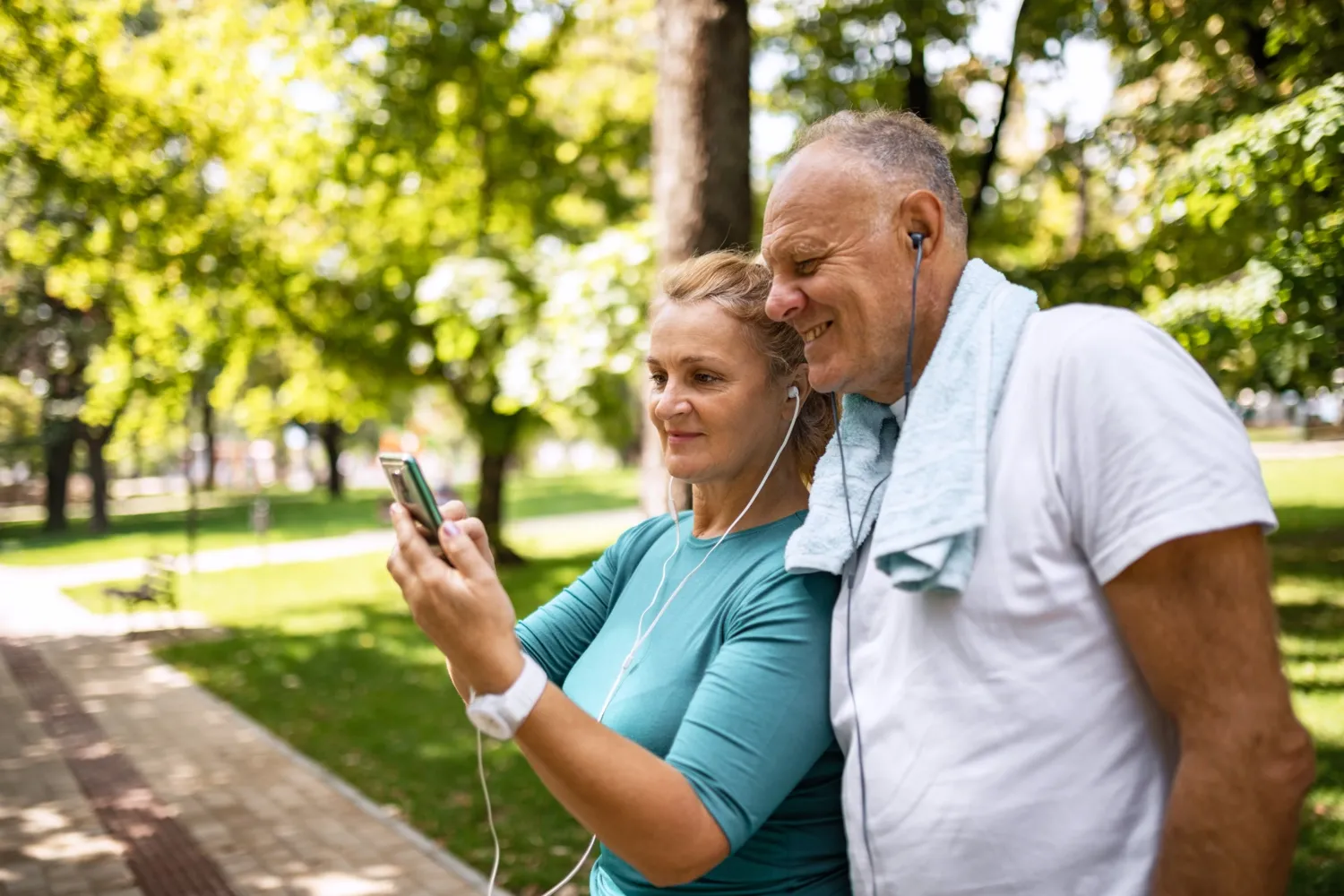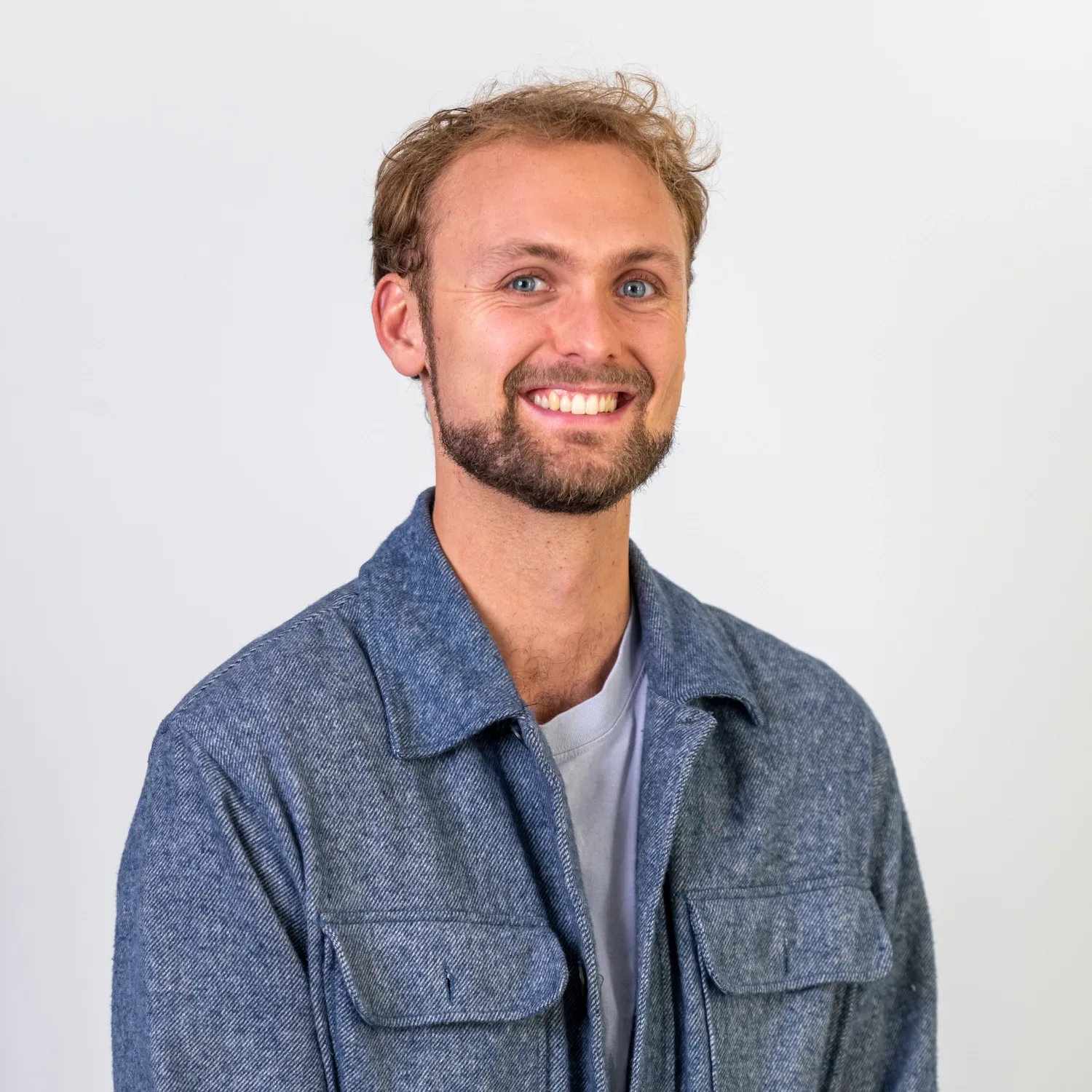New health app to promote healthy lifestyle behaviours

Researchers at Karolinska Institutet, in collaboration with Sophiahemmet University and LongLife Active AB, have developed an AI-assisted mobile health app with the potential to promote lifestyle behaviours.

What does your publication show?
”A mobile health app was deemed appropriate, by users, to support their lifestyle behaviours, including physical activity, diet and mental calmness. The app was co-developed by researchers and product developers and designed with an AI-assisted function to personalise the app to the individual user. The combination of an app and digital coaching was well perceived by users and represents a viable solution to support adults in acquiring a healthy lifestyle. Users found the holistic health message, that is to “feel good at your own level”, to be unique and users expressed acquiring a “kickstart” in their behaviour change. Importantly, this article indicates what users value in health apps and suggests that mobile health can fight towards reducing the impact of noncommunicable diseases, says Callum Regan, PhD student at the Department of Neurobiology, Care Sciences and Society at Karolinska Institutet.”
Why are the results important?
”Few mobile health apps are co-developed with key stakeholders and evaluated for their feasibility, yet incorporating users’ perspectives is essential to develop effective health promoting solutions. Achieving a healthy lifestyle isn’t always easy and there is no “one size fits all”. Therefore, if mobile health apps are to be effective, they need to be suited to the people who use them. This study indicates that goal setting and providing a coaching service particularly motivates adults to acquire healthy lifestyle behaviours and that personalisation is essential to facilitate behaviour change. This study informs researchers who plan to develop solutions in future health promotion efforts and works towards achieving the United Nation’s Sustainable Development Goal Three (SDG3).”
How did you conduct the study?
”This feasibility study evaluated the acceptability, usability, engagement and optimisation of a mobile health app, using a mixed method approach. Users were recruited from the general adult population, primarily through social media, whilst product developers and health coaches were recruited through the company that developed the mobile health app. Data were collected from questionnaires, log-data, interviews with users and focus groups with product developers and health coaches. Both quantitative and qualitative data were merged at the interpretation stage; providing a deeper analysis of the feasibility constructs. Fiftyfive users signed up to use the app for 12 weeks.”
What is the next step in your research?
”The next step is to carry out a large, controlled trial to test the effectiveness of the mobile health app in adults from the general population. We are also currently recruiting research subjects who live in low socioeconomic areas in Stockholm to participate in a study which will evaluate changes in health outcomes and explore how this app is perceived by this population. The latter aims to make this mobile health app suitable for all and reduce rather than widen health equity gaps.”
Publication
The acceptability, usability, engagement and optimisation of a mHealth service promoting healthy lifestyle behaviours: A mixed method feasibility study.
Regan C, Rosen PV, Andermo S, Hagströmer M, Johansson UB, Rossen J
Digit Health 2024 ;10():20552076241247935
